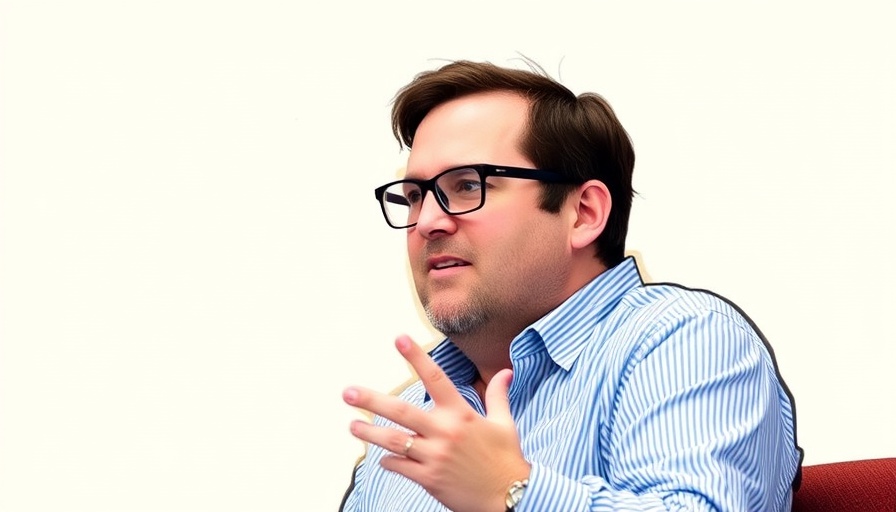
Reid Hoffman's Controversial Take on Work-Life Balance
In an era where the pursuit of work-life balance has become a cornerstone of modern employment discussions, Reid Hoffman, co-founder of LinkedIn, presents a perspective that challenges traditional wisdom. His advice, akin to saying, "Go home, eat, then open your laptop," may shock many. Yet, for those navigating the harsh realities of startups, this mantra resonates profoundly.
The Startup Grind: Sacrifices for Success
With the surge of tech startups globally, particularly in Nigeria, young entrepreneurs are often torn between aspirations of colossal success and the need for personal well-being. Hoffman argues that for many, especially in the competitive environment of startups, work-life balance is a luxury that cannot be afforded. This sentiment is not merely a personal belief—it is a warning: to succeed, sacrifices must be made.
Family Dinners: The Only Time Off
Reflecting on LinkedIn's early days, Hoffman reveals a surprising admission about employee routines. Many team members balancing family life were allowed to cook dinner at home but were expected to return to work post-meal. "We said, sure, go home have dinner with your family. Then, after dinner with your family, open your laptop and get back in the shared work experience and keep working," Hoffman recalls. This glimpse into their work culture provides insight into what it took to build a successful enterprise—intense commitment and relentless work.
The Cost of Commitment: A Double-Edged Sword
Critics of Hoffman's approach label it as toxic. However, he argues that detractors fail to grasp the relentless nature of the startup ecosystem. He quips, "The people that think that’s toxic don’t understand the start-up game, and they’re just wrong." The truth is, in the world of startups, results matter, and those who don't go the extra mile may face job insecurity.
The Realities of Burnout in Tech
While Hoffman makes a compelling argument for relentless work ethics, it's vital to highlight the pitfalls of such a mindset. As technology continues to permeate our lives, burnout has emerged as a significant concern for employees. According to research, long hours and chronic stress can lead to a decline in mental health, leading to decreased productivity and overall dissatisfaction. Hence, while the pursuit of success is commendable, finding a sustainable approach is equally crucial.
Finding Balance in a High-Stakes Environment
As workers grapple with Hoffman's rigid perspective on work commitment, it's essential to explore ways to achieve a semblance of balance. Companies like LinkedIn have embraced policies supporting mental health initiatives, flexible hours, and wellness programs. Investing time in mental wellness not only boosts productivity but also enhances overall job satisfaction. This dual approach of striving for success while prioritizing well-being can produce healthier, more resilient leaders.
A More Holistic Approach
As we dissect Hoffman's philosophy, it might lead one to ponder: Is success at the expense of well-being worth it? The answer may differ from individual to individual. Finding a personal strategy that balances ambition with self-care becomes paramount. Young professionals can redefine what commitment looks like and prioritize sustainable work practices—working smarter, not just harder.
Conclusion: Redefining Commitment
When navigating the demanding landscape of startups, Hoffman's insights may serve as both a warning and a challenge. While committing to success is essential, it's crucial to redefine what commitment means. By encouraging a healthier approach to work-life dynamics, the tech community can cultivate not only success but sustainability. Take control of your career path—understand your boundaries, and remember that your well-being holds as much value as your ambition.
 Add Row
Add Row  Add
Add 




 Add Row
Add Row  Add
Add 

Write A Comment